Next BMW X5 to launch with fuel cell option
BMW’s plan to launch a series-production fuel cell model in 2028 is already known. The X5 was always a likely candidate – after all, the current hydrogen pilot fleet of 100 iX5 Hydrogen vehicles (see our test drive) is based on this SUV series. Now, for the first time, the carmaker has officially confirmed that the announced fuel cell model will be offered as an X5 – and not as a standalone vehicle like Toyota’s Mirai.
“By launching the new BMW X5 with a choice of five drive system variants, we are once again demonstrating our leading position as a technology pioneer,” said Joachim Post, Member of the Board of Management of BMW AG. “Hydrogen has an essential part to play in global decarbonisation, which is why we are committed to driving the technology forward.”
The vehicle will use BMW’s third-generation fuel cell drive. In the first generation, the 535iA presented in 2014, Toyota supplied the entire system – BMW integrated it, tested it and gained experience. For the second generation of the iX5 Hydrogen, Toyota only provided the fuel cells, while BMW developed the system itself. The third generation will be a joint effort by the two partners to create synergies, both for use in passenger cars and for Toyota’s commercial vehicles.
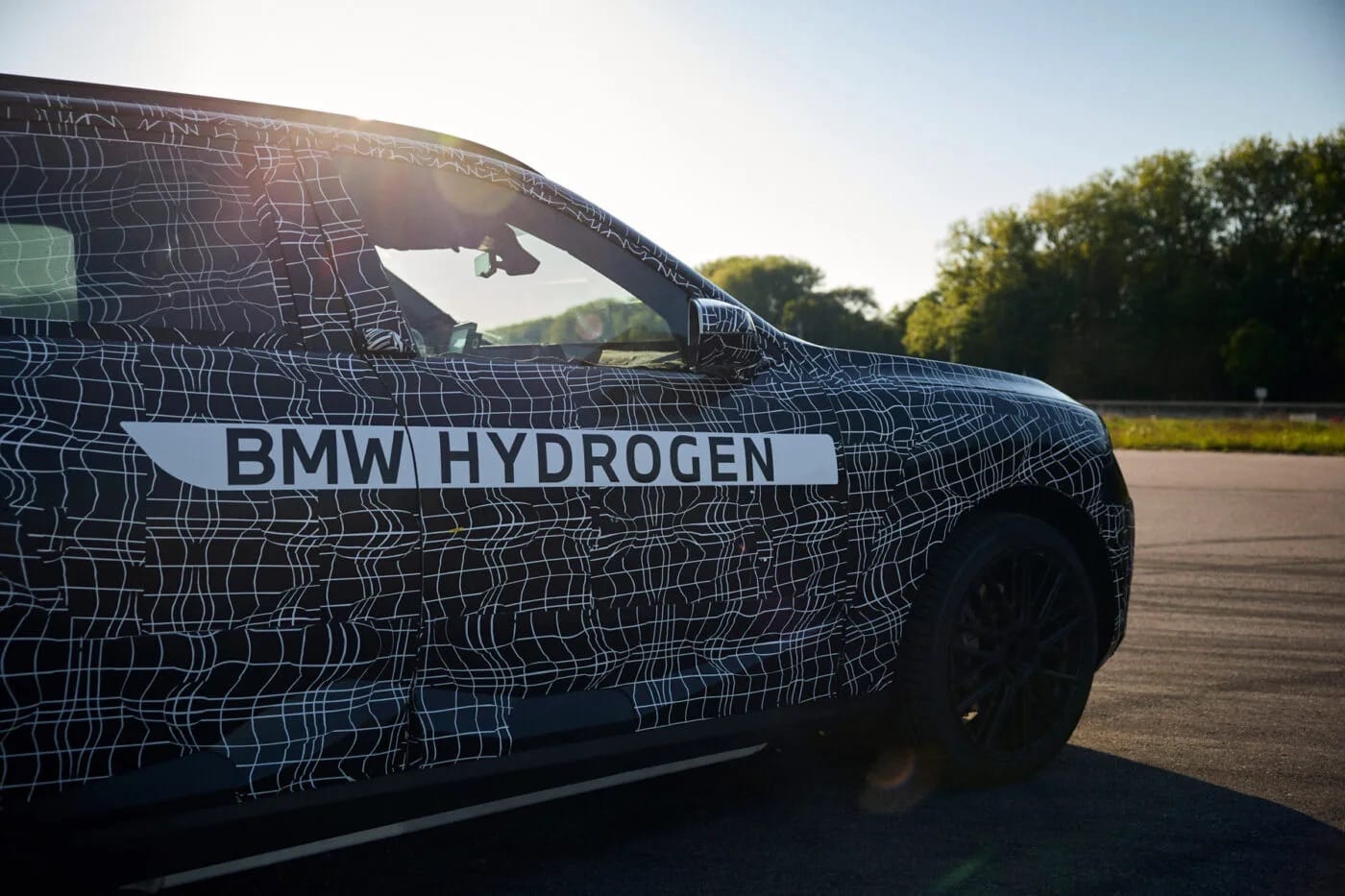
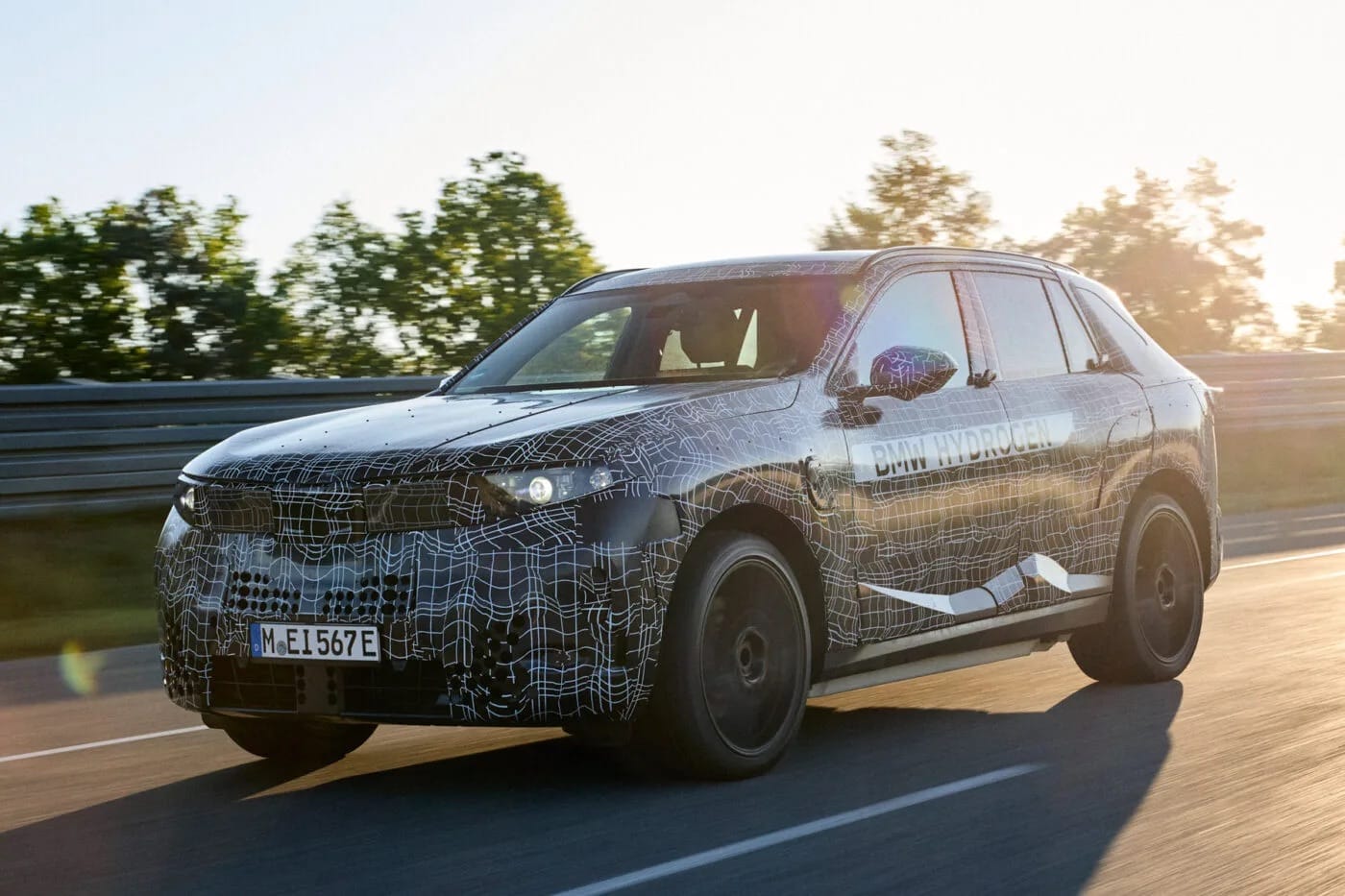
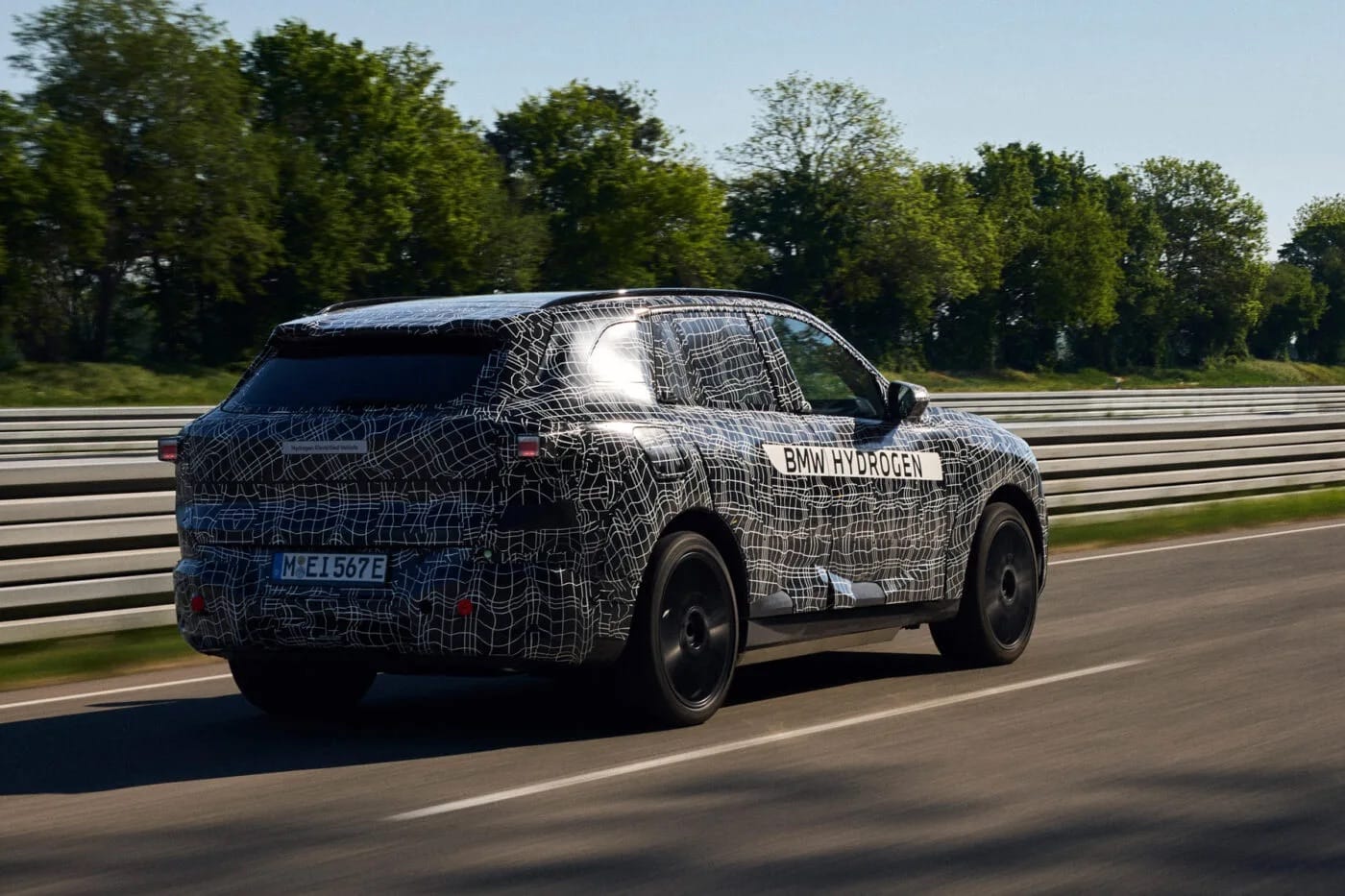
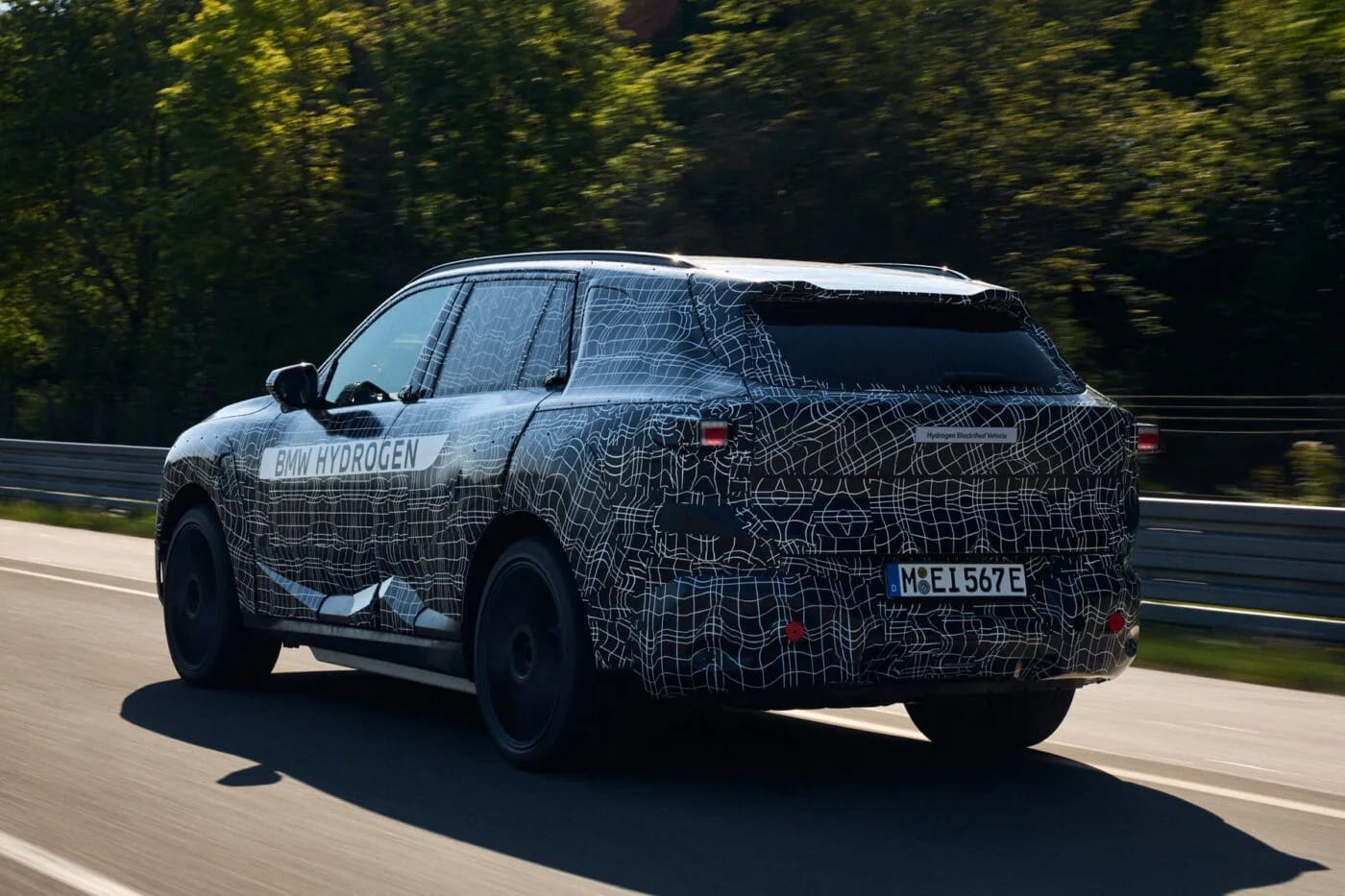
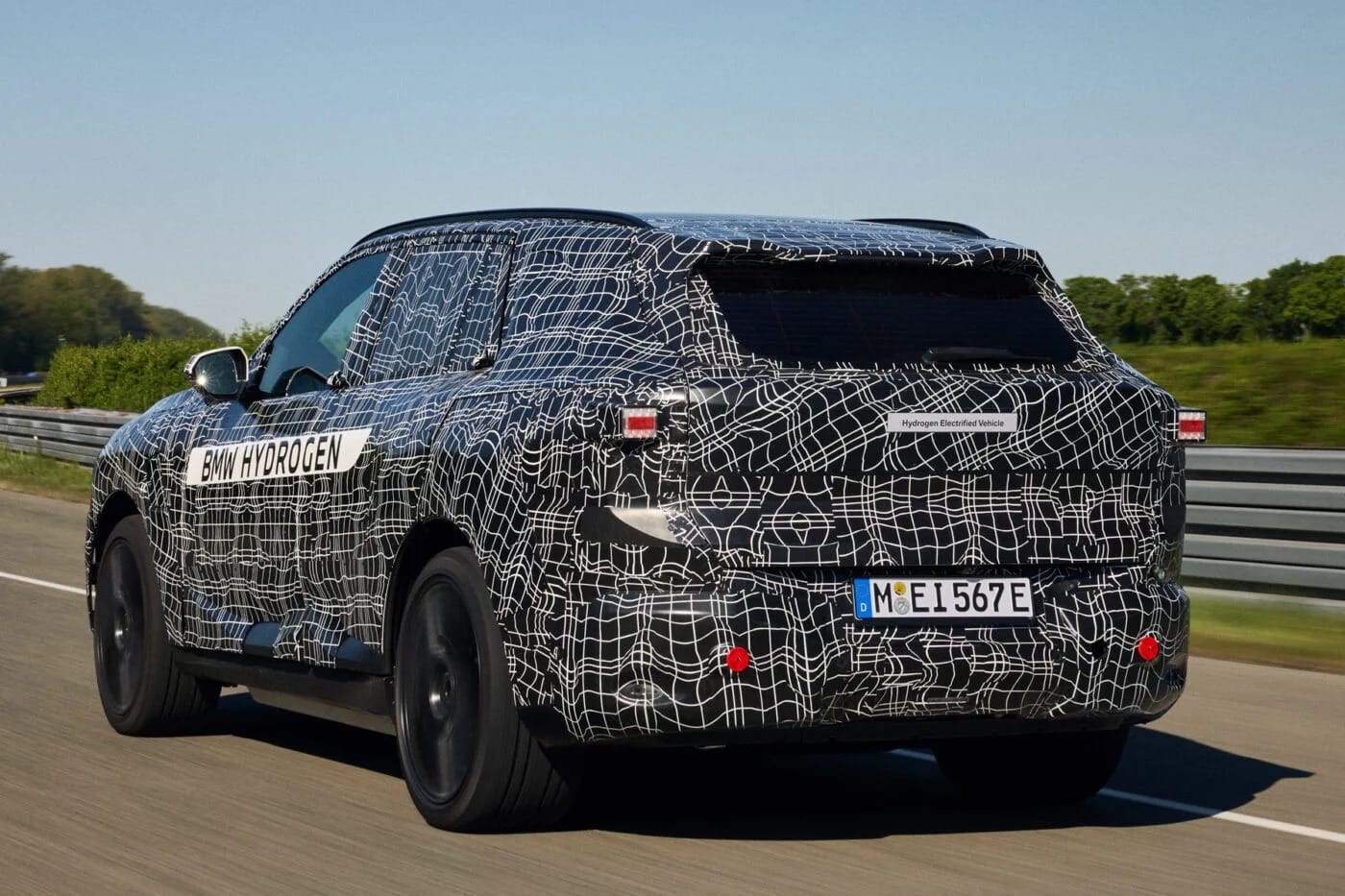
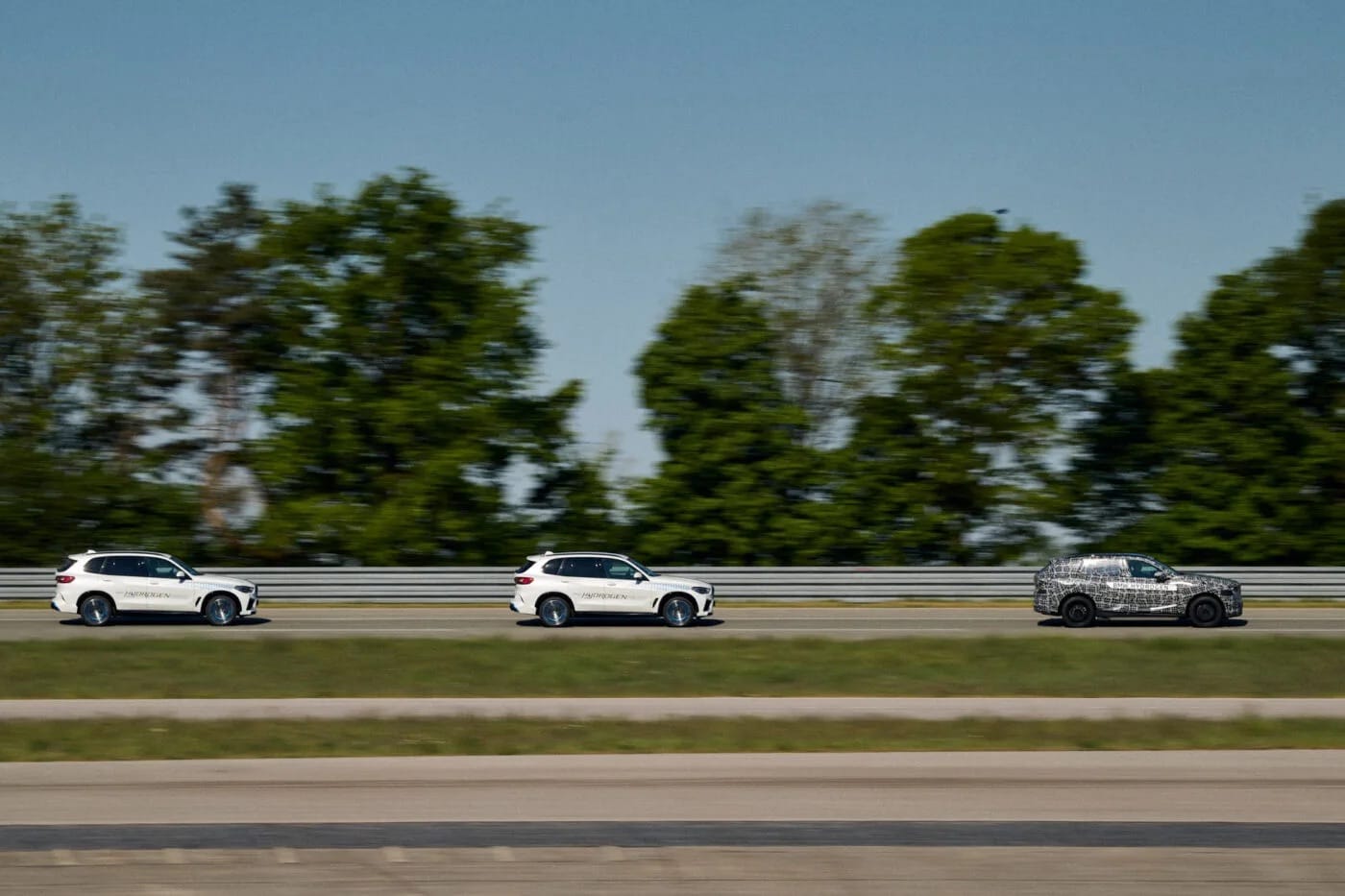
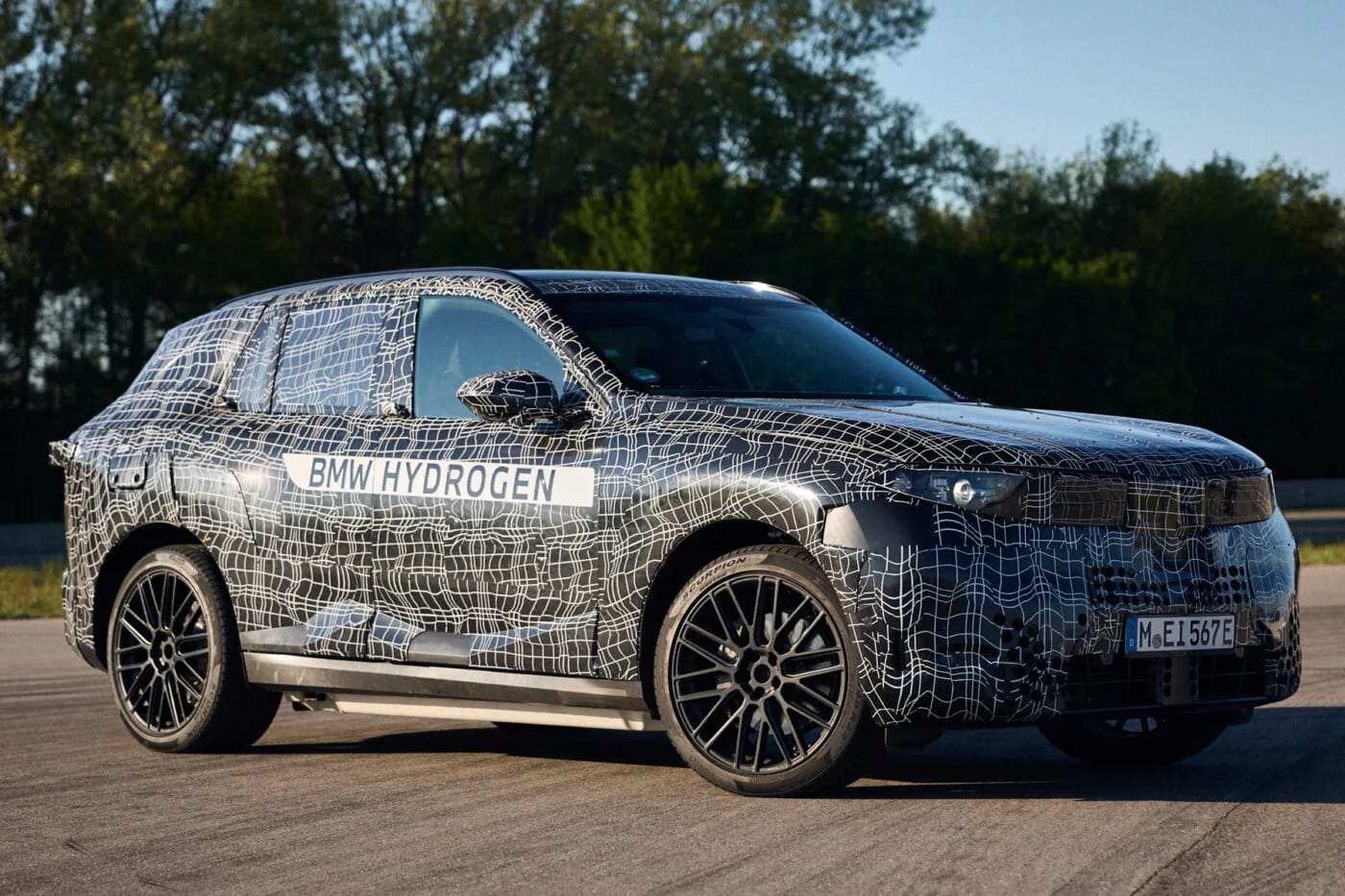
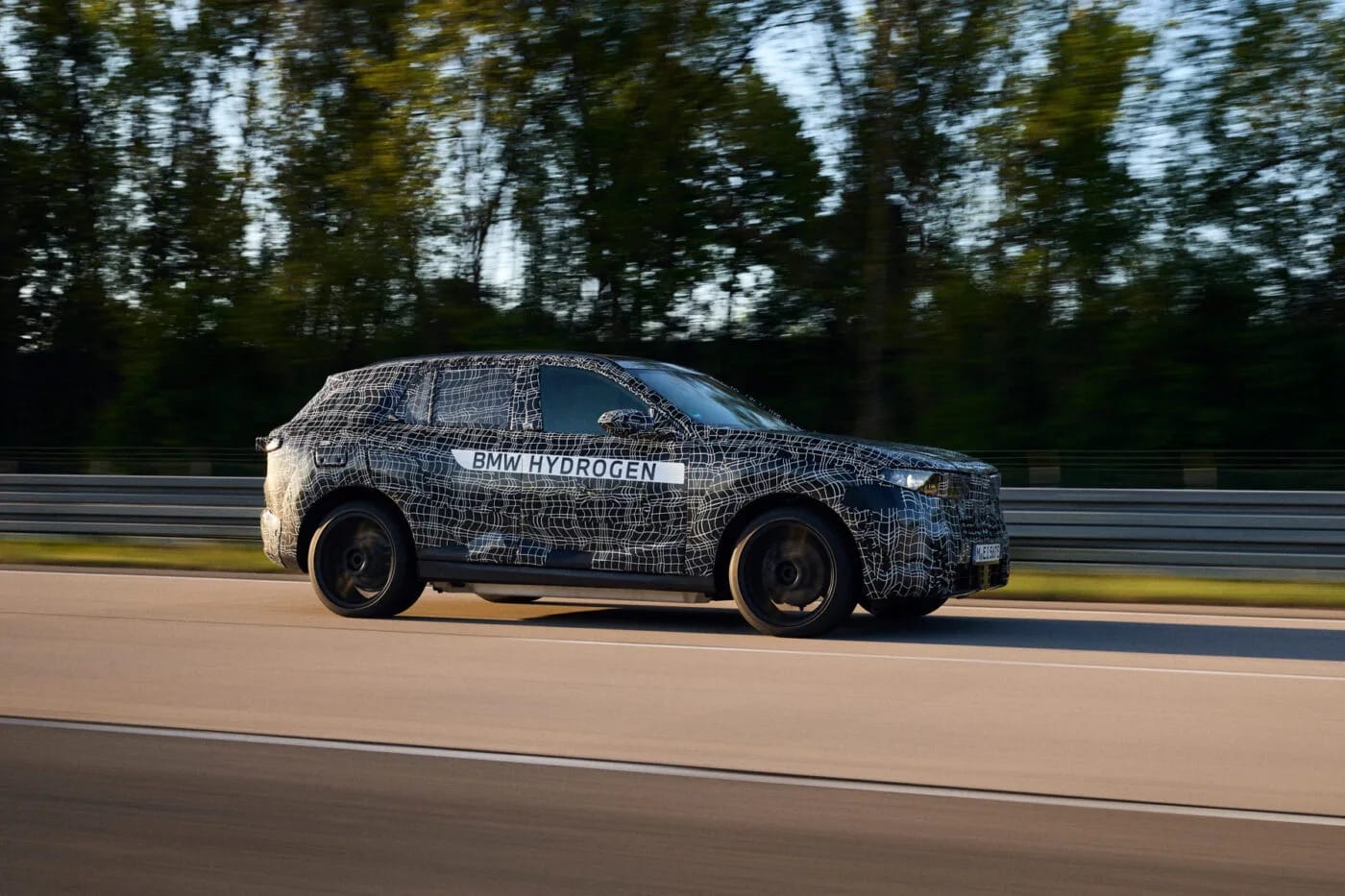
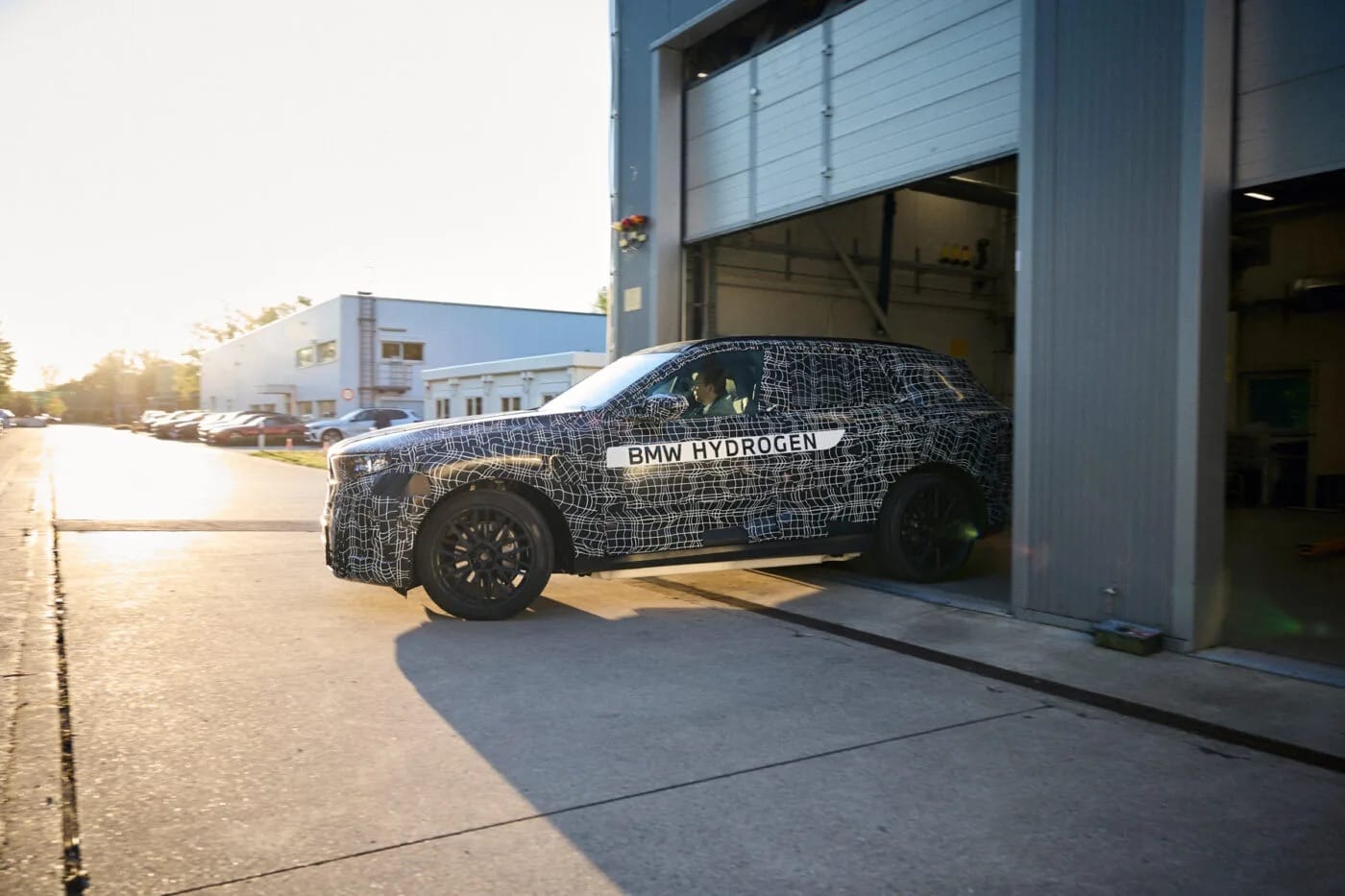
BMW will manufacture its variant of the system mainly in Bavaria and Austria. The carmaker runs dedicated competence centres in Munich and Steyr, where large parts of production will also take place. New test benches, production facilities and building upgrades are currently being set up in Steyr, where prototypes are already rolling off the production line. The Landshut plant will also supply components.
The route to the finished vehicle is longer: BMW builds the X5 at its Spartanburg plant in South Carolina. The next-generation X5 will not be based on the Neue Klasse platform, which recently debuted with the new iX3. Unlike the iX3 and X3, the X5 range will rely on a modified version of BMW’s Cluster Architecture (CLAR) platform – covering combustion engines, hybrids, the BEV and the fuel cell model.
In parallel to developing the new iX5 Hydrogen, BMW is also pushing hydrogen refuelling infrastructure. The company has launched the HyMoS (“Hydrogen Mobility at Scale”) initiative, a joint project with industry partners and institutions to develop and promote hydrogen ecosystems for mobility. The goal is “to increase the economic viability of hydrogen mobility ecosystems by pooling the demand for all types of vehicles, including trucks, buses and passenger cars. This will help to reach an optimal distribution and usage of hydrogen stations,” BMW states.
At H2 Mobility, for example, the focus has recently shifted towards fuel cell commercial vehicles – the operator now sells more hydrogen at the commercial-vehicle standard of 350 bar than at 700 bar, which is used in passenger FCEVs.
According to BMW, the new initiative will support “existing hydrogen ecosystem projects in achieving their full potential by sharing experiences across projects and providing ground support of its industry partners.”
This article was first published by Sebastian Schaal for electrive’s German edition.

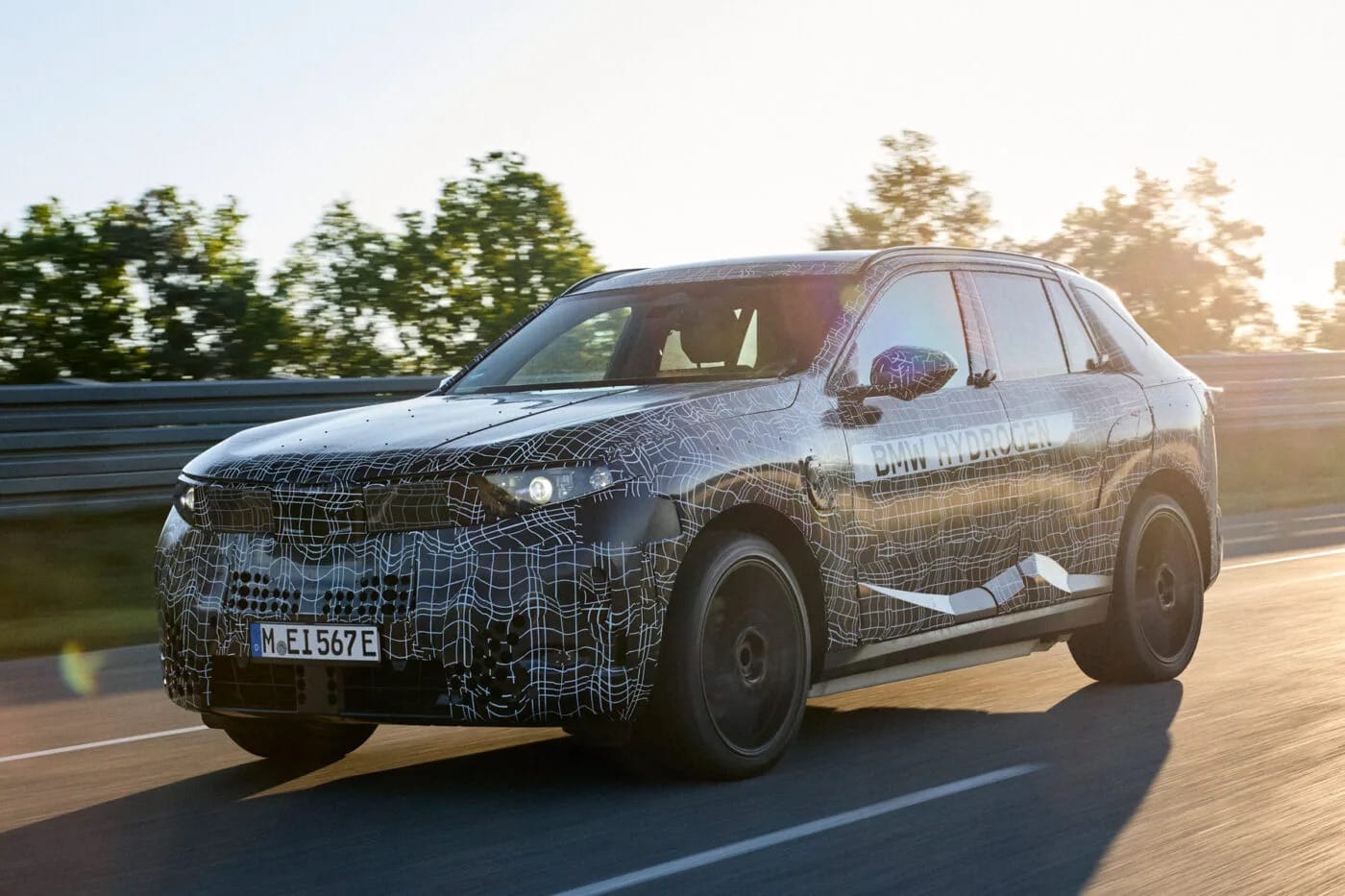
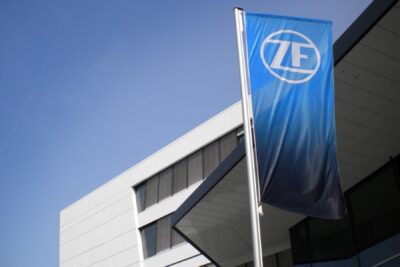
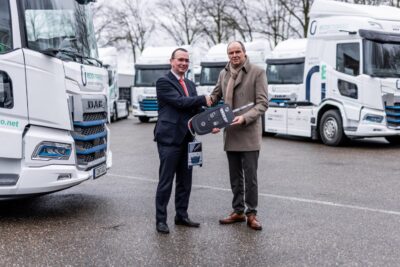
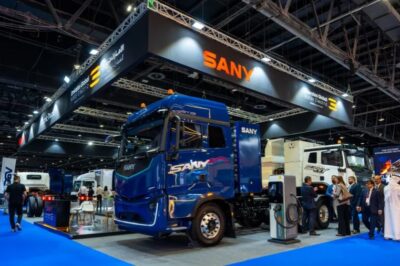
1 Comment